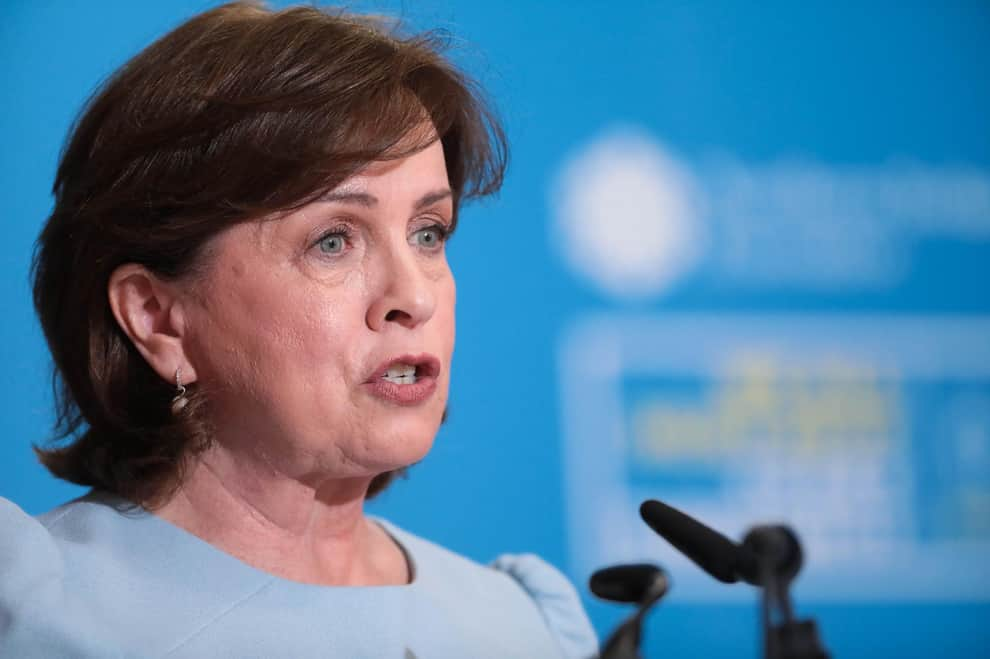The DUP’s health spokesperson Diane Dodds has welcomed a decision by NHS England to ban the prescription of hormone-blocking drugs for children – drugs Sinn Fein said just last year should be a legal right.
Thank you for reading this post, don't forget to subscribe!The government has welcomed the NHS England announcement – calling it a “landmark decision”, adding it would help ensure care is based on evidence and is in the “best interests of the child”.
Puberty blockers, pause the natural physical changes which happen children during puberty – like breast development in girls or facial hair in boys. They effectively leave their physical development suspended.
The controversial drugs will now only be available to children as part of clinical research trials.
DUP Health Spokesperson Diane Dodds said, “The lack of evidence about the safety and effectiveness of puberty blockers should make any decision to stop prescribing them an obvious one to take. There should be obvious wider concern about prescribing life-altering drugs which can cause irreversible change and harm to children.
“It is notable that the decision in relation to puberty blockers is not moving against the tide, but is actually part of a much wider reappraisal by many countries of the use of these drugs.”
NHS England said: “We have concluded that there is not enough evidence to support the safety or clinical effectiveness of (puberty blockers) to make the treatment routinely available at this time.”
It follows a public consultation on the issue and an interim policy, and comes after NHS England commissioned an independent review in 2020 of gender identity services for children under 18.
Led by Dr Hilary Cass, the review followed a sharp rise in referrals to the Gender Identity Development Service (GIDS) run by the Tavistock and Portman NHS Foundation Trust, which is closing at the end of March.
In 2021/22, there were over 5,000 referrals to GIDS, compared to just under 250 a decade earlier.
The Cass review recommended the clinic was effectively closed down and holistic services – which looked at much more than gender – were created around the UK.
Whistle-blowers raised serious concerns about the practices adopted by the service – including claims that the service actively affirmed the professed gender of children rather than neutrally exploring the sources of their distress or gender dysphoria.
The review said that GIDS had not collected routine and consistent data “which means it is not possible to accurately track the outcomes and pathways that children and young people take through the service.”
At a Belfast Pride Talks Back event last August, a member of the audience asked a political panel whether their parties support access to puberty blockers for “young trans teenagers” in NI.
Sinn Fein’s Emma Sheerin said that it “needs to be normal healthcare” and when asked if she wished to see this legislated for, she replied: “Yes.”
SF then appeared to affirm that she had given the party position.
“Sinn Fein supports an update to gender recognition laws in the North to be harmonised with the south,” the party said in a statement.
“Everyone is entitled to access the healthcare treatments currently available to them on the NHS, and should not have to face long waits before receiving that care.”
By David Thompson






